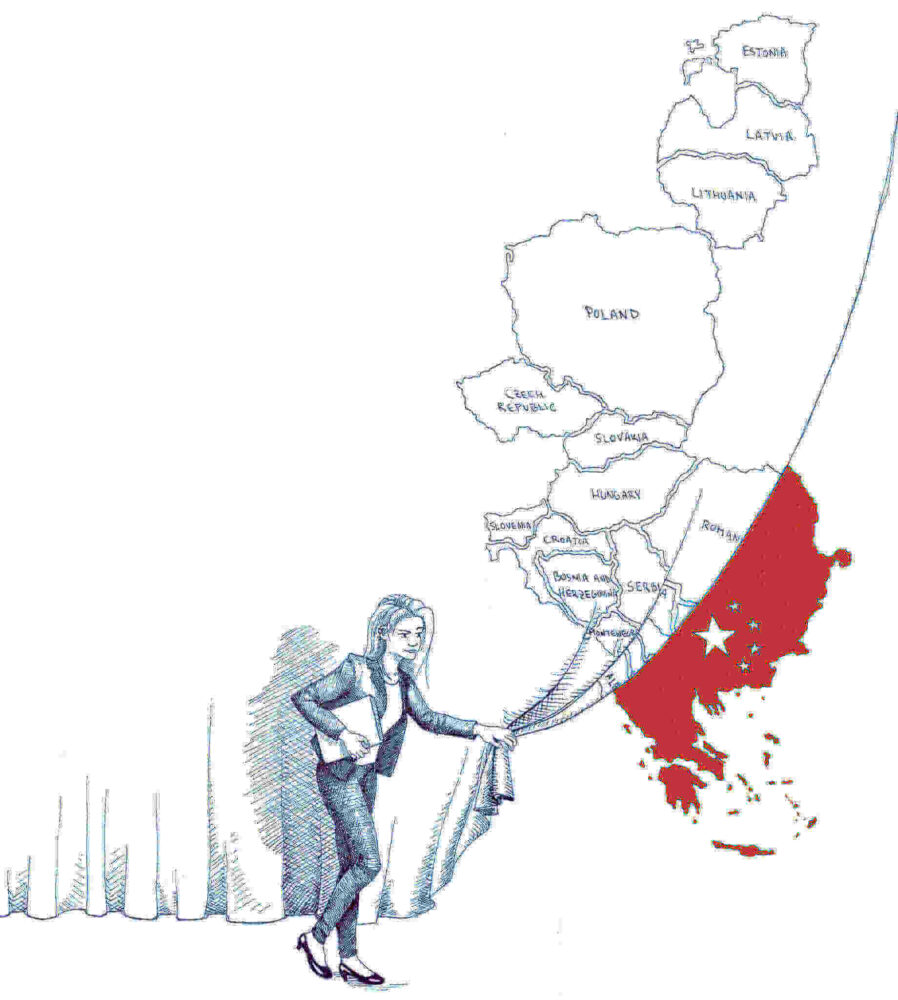
The result of the first collaborative research project of scholars from the CHOICE network is now out!
The new CHOICE
(China Observers in Central and Eastern Europe) audit
reveals that the People’s Republic of China has been increasingly active in
political, economic and societal domains in the countries gathered in China-led
17+1 platform. The 17+1 initiative, founded in 2012, has been labeled by some
as an ‘empty shell’ with the assertion that cooperation between Central and
Eastern Europe with China lacks substance. However, it is only when the whole
picture is analyzed that the progress and direction of the 17+1 platform
becomes evident. Contrary to what has been often assumed, the 17+1 cooperation
is loaded with action. While results in the economic domain are falling behind
expectations, political and societal ties have seen a huge uptick, resulting in
a dramatic rise of China’s presence in the region.
Ten experts from Czechia, Estonia, Hungary,
Latvia, Lithuania, Poland, Serbia, Slovenia, Slovakia and Romania covered the
most important developments in the fields of political, economic and
people-to-people areas of cooperation, identifying the underlying trends. Based
on a thorough analysis, the publication offers a set of realistic and
achievable suggestions for a joint action plan for the CEE countries within an
ACT strategy, the goal of which is to offset the imbalance in the relationship
with China. The publication argues that the CEE countries should ‘hijack’ the
platform, using it as a tool to promote their interests vis-a-vis Beijing,
rather than passively accepting its agenda.
The publication seeks to inform the debate
undergoing in the EU regarding its relations with China. The tide is turning in
EU-China relations. In March 2019, the joint communication of the European
Commission and the High Representative for Foreign Affairs and Security Policy
called for a more balanced and reciprocal relationship with China. The EU, long
seen woefully unprepared to deal with the complex challenges of China’s rise,
seems to have started to stand up to the task. The new “geopolitical
Commission” led by Ursula Van der Leyen has the unwelcome task to give
substance to the more self-confident EU policy towards the ‘systemic rival’.
China’s continuing outreach towards the Central and Eastern European countries
nurtures suspicion of Beijing’s design to divide and rule in relation to the
EU. At the same time, new issues – e.g. how to deal with the 5G technology-
create new dividing lines among EU member states. While the positions towards
China are not only dictated by the internal East-West divide, a truly common EU
policy on China remains a distant goal.
DOWNLOAD
THE PAPER HERE













